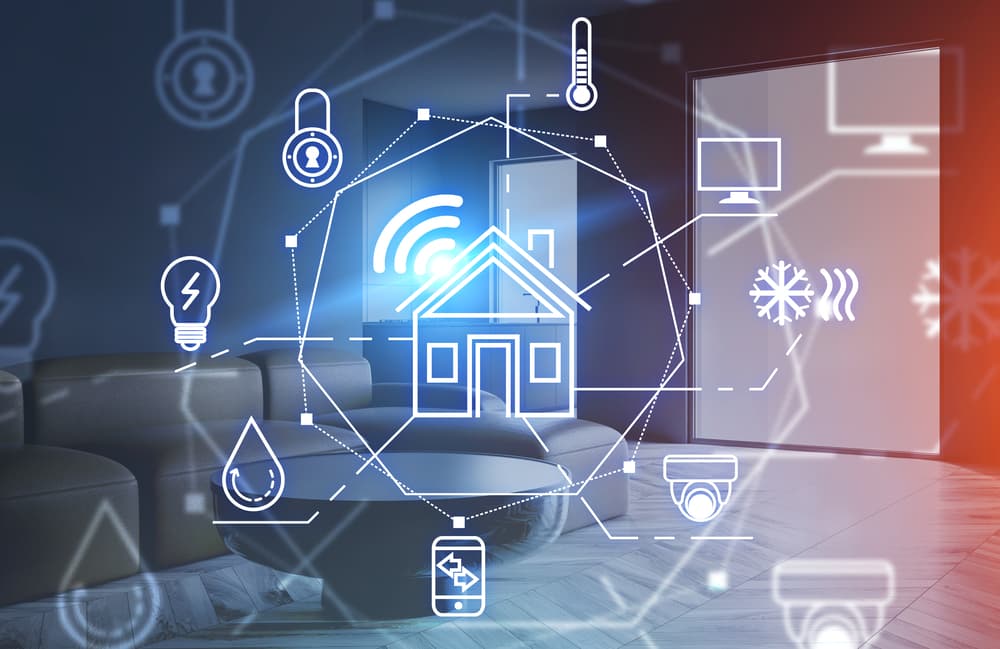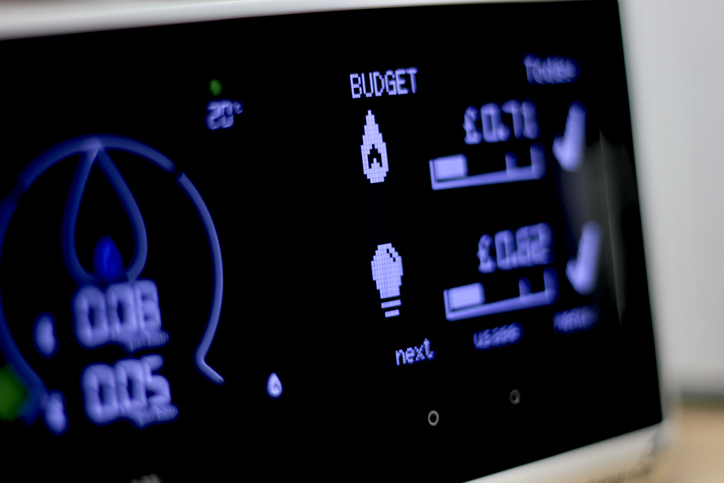In today’s rapidly evolving technological landscape, home automation is becoming a significant factor in determining the resale value of properties. As technology continues to advance, homeowners and potential buyers alike are increasingly interested in the benefits of smart home technology. But how exactly does home automation affect resale value? In this article, we’ll dive deep into this topic to understand its impact on the real estate market.

The Growing Trend of Home Automation
The rise of smart home technology has transformed the way we live. From voice-controlled lighting systems to automated thermostats, the possibilities seem endless. This trend is not just a passing fad; it’s shaping the future of homeownership. As more people embrace this technology, the question arises: How does it impact a home’s resale value?
Understanding Home Automation
What is Home Automation?
Home automation refers to the use of technology to control various home systems and appliances remotely. This includes lighting, heating, security systems, and more. By automating these systems, homeowners can enjoy increased convenience, energy efficiency, and security.
Key Components of Home Automation
Some of the key components of home automation include smart thermostats, automated lighting, security cameras, and voice-controlled assistants. These devices work together to create a seamless and efficient living experience.
Impact on Resale Value
Increased Demand for Smart Homes
As more buyers look for homes with modern amenities, properties equipped with smart home technology are in higher demand. This increased demand can lead to higher resale values, as buyers are willing to pay a premium for the convenience and efficiency offered by a smart home.
Energy Efficiency and Cost Savings
Home automation systems often lead to increased energy efficiency, which can translate to cost savings on utility bills. This is an attractive feature for potential buyers, as it promises long-term savings. As a result, homes with these systems may see a boost in their resale value.
Advantages of Home Automation
Enhanced Security
One of the primary benefits of home automation is enhanced security. With smart locks, security cameras, and motion sensors, homeowners can monitor their property remotely and receive real-time alerts. This added security is a selling point for many buyers, contributing to a higher resale value.
Convenience and Lifestyle
Smart home technology offers unparalleled convenience, allowing homeowners to control their home’s systems with a simple voice command or smartphone app. This convenience is increasingly attractive to buyers, further boosting the property’s value.
Challenges and Considerations
Cost of Installation
While home automation offers numerous benefits, the cost of installation can be a barrier for some homeowners. It’s important to consider the initial investment and weigh it against the potential increase in resale value.
Compatibility and Integration
Ensuring that different smart home devices are compatible and can be seamlessly integrated can be challenging. Buyers may be wary of homes with outdated or incompatible systems, which could affect the resale value.
Industry Insights
Real Estate Market Trends
As the real estate market evolves, properties with home automation systems are becoming more desirable. According to [NAR](https://www.nar.realtor/magazine/real-estate-news/technology/23-ways-to-automate-your-smart-home-experience) (nofollow), there are numerous ways to enhance the smart home experience, which can significantly impact a property’s resale value.
What Experts Are Saying
Industry experts agree that home automation is a key factor in determining a property’s value. As technology continues to advance, staying updated with the latest trends can give homeowners an edge in the market.
Practical Tips for Homeowners
Choosing the Right Automation Systems
When considering home automation, it’s important to choose systems that align with your needs and budget. Prioritize systems that offer both convenience and energy efficiency.
Maintaining and Upgrading Systems
Regular maintenance and timely upgrades are crucial to ensuring that your smart home technology remains functional and attractive to potential buyers.

Frequently Asked Questions
Does home automation always increase resale value?
While home automation can enhance a property’s appeal, the increase in resale value depends on factors such as location, market demand, and the quality of the installed systems.
Are there any downsides to home automation?
Potential downsides include the initial cost of installation and the need for regular maintenance. Additionally, some buyers may be concerned about privacy and data security.
What are the most popular home automation features?
Popular features include smart thermostats, automated lighting, security systems, and voice-controlled assistants. These systems offer a combination of convenience, efficiency, and security.
For more insights on home automation, you can explore [smart home gadgets for travelers](https://autofx.com/smart-home-gadgets-for-travelers/) (dofollow) and learn about the benefits they offer.






